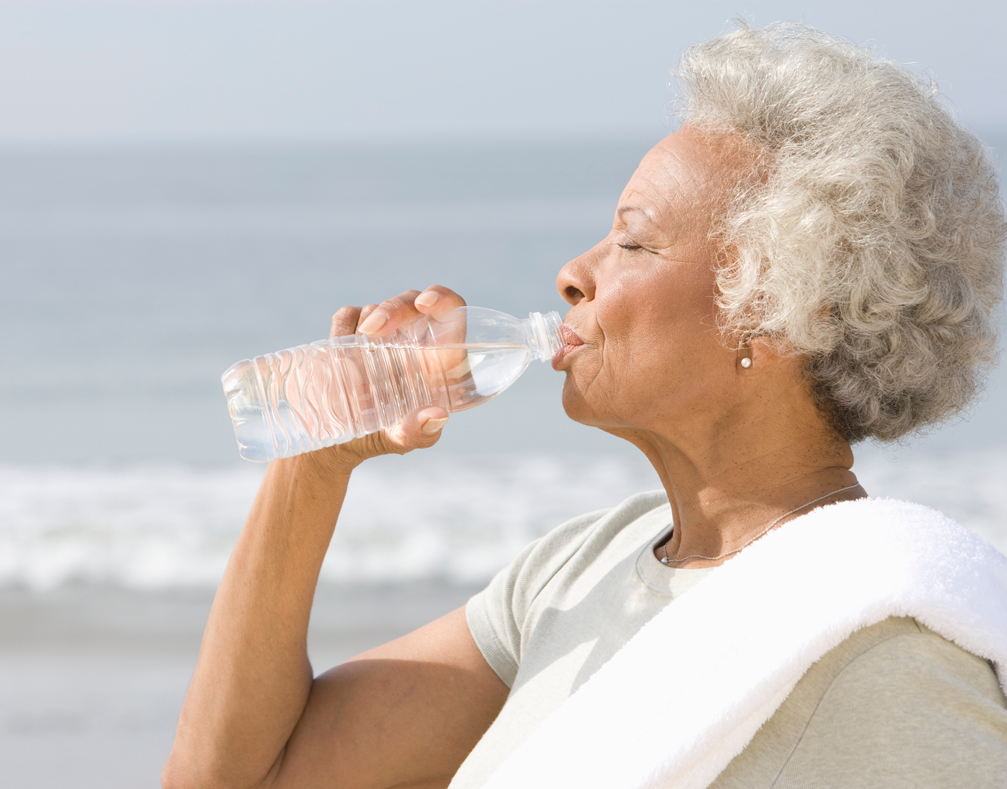Each year in the United States, more than 5 million people are treated for skin cancer – with most cases found in people age 65 and older.
“Summer is here, which means we’ll all be spending more time outdoors soaking up the sunshine,” said Sierra Goetz, co-founder and operations manager at Tudor Oaks Home Care’s partner, the HomeCare Advocacy Network (HCAN). “While sun exposure does have benefits – including mood improvement – too much exposure can be harmful. For seniors, many of whom have thinner skin, the risk is much higher.”
According to the Centers for Disease Control and Prevention (CDC), fewer than half of older adults protect their skin from the sun when outdoes for an hour or more on a warm, sunny day. A 2015 study found:
- The most popular kinds of sun protection among older men were wearing clothing to the ankle (44%) and staying in the shade (37%).
- The most popular kinds of sun protection among older women were staying in the shade (47%) and using sunscreen (32%).
- Nearly 18% of older adults and 15% of sun-sensitive older adults said they don’t use any kind of sun protection regularly.
- More than 1 in 10 older adults (13%) had been sunburned in the past year, with sunburn nearly twice as high among sun-sensitive older adults (20%).
To help your older loved ones stay safe and protected, encourage them to:
Stay in the shade. Stick to shaded areas, away from direct sunlight – especially from 10:00 a.m. to 4:00 p.m. when the sun is the hottest.
Cover up. Wear loose, lightweight clothing made of breathable fabric and a wide-brimmed hat. They should to protect their eyes, too – wrap around sunglasses can block at least 99% of UV light.
Use sunscreen. Never go outdoors without applying sunscreen – especially during the summer months. Use a broad-spectrum sunscreen with an SPF of at least 30. Reapply every two hours and after swimming or sweating.
Check medications. Some medications cause increased sensitivity to the sun – including certain antibiotics, antihistamines, diabetes medications, diuretics and cholesterol-lowering drugs. Before heading into the heat, they should talk to their doctor about possible negative interactions.
Drink plenty of water. Hydrating is good for their skin’s elasticity and will help prevent dehydration, which can come on quickly during the summer months. Encourage your aging loved ones to drink at least 6-8 glasses of water a day – more if they’re active outdoors in hot weather.
Moisturize. Aging skin is more prone to dryness, so they should use moisturizer after any sun exposure.
For more information about skin cancer risk factors and early detection, visit the Skin Cancer Foundation at skincancer.org.
